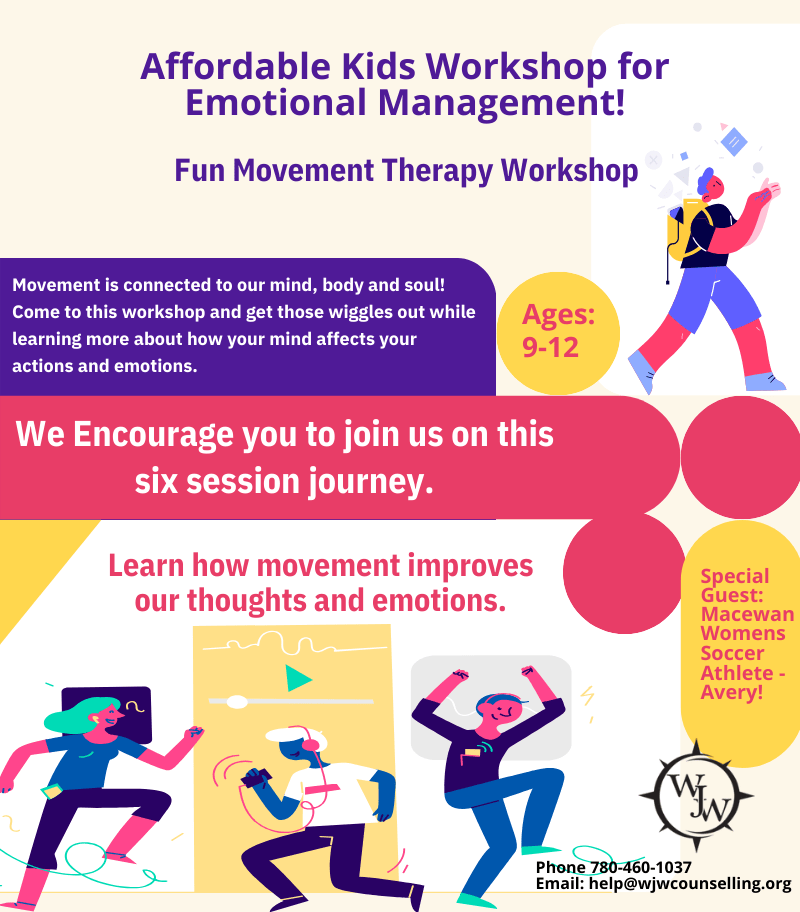We don’t have to tell you that life can be stressful—balancing work, school, family, and even your social life takes effort. When you’re feeling your best and things are going well, it may be easier to manage, but as you become stretched thin and exhausted, it’s a lot more difficult.
Maybe you’ve recently experienced a particularly stressful life event, had more work piled onto your plate, or just aren’t feeling like yourself—if so, you might feel like everything is about to implode.
These feelings can lead to what is commonly known as burnout. Burnout is a state of total exhaustion, physically, emotionally, and mentally. It can leave you drained and tired, making it impossible to complete any of your tasks. You may even experience unpleasant physical symptoms.
Burnout feels awful, but it’s not uncommon after prolonged periods of stress. It’s important to keep in mind that it isn’t your fault, and that help is available. Knowing the signs of burnout can help you avoid being overcome by it, and recognize when to seek help.
What are the signs?
It’s hard to be kind to ourselves, so it’s common to struggle with admitting that we’ve been working too hard and are experiencing burnout. There are a wide range of symptoms you might experience that can indicate you’re burned out, including physical, emotional, and mental symptoms.
Physical signs are often the most troublesome, because they’re clearly present in our daily lives and can impact our daily functioning. Our bodies don’t lie, so if you’ve noticed some of these, it could mean that you’re starting to experience burnout. Here’s what to watch for:
- Fatigue
If you feel persistently tired or drained, or like you’re walking around in a haze, it can be a sign that you’re burned out. Chronic fatigue is your body’s way of telling you that it’s overworked and can no longer continue as it is.
- Stomachaches & digestive problems
This is one of the classic signs of stress. Anything from indigestion to gas to constipation or diarrhea could be a sign of burnout. If your digestive system is constantly upset, you may be burned out.
- Illness
When you’re overly stressed, your immune system begins to weaken. If you notice yourself more frequently catching viruses that are going around and struggling to fight them off, it could be a sign that you are burning out.
- Headaches & migraines
Headaches are a common way that our bodies show us that something is wrong, and stress is a trigger for tension headaches and migraines. Fatigue can also trigger tension headaches and migraines. You see where this is going—when you put these two significant symptoms of burnout together, you’re more likely to also experience headaches.
- Changes in sleep patterns
Sleep might seem like it comes easily, but it’s made possible by dozens of complex bodily rhythms and functions. When you’re experiencing burnout, these rhythms can be disrupted, and make it more difficult to fall and stay asleep.
What about the emotional side of things? This can be an aspect of burnout that causes us distress, and is likely where our friends, family, and co-workers are most likely to see a change in us.
- Detachment & isolation
Burnout often results from trying hard to manage more than we can handle. When we become burned out, our low energy levels and high stress make it easy to feel detached from our work and the people around us.
You might also deal with feelings of inadequacy, causing you to withdraw from social situations and spend more time alone, increasing feelings of isolation.
- Irritability
With so much going on in your life, being patient and compassionate towards yourself and others is difficult. You might find yourself more easily frustrated or quick to anger.
- Helplessness
When you’re tired, sick, detached, and stressed—as you are when you’re burned out—it can be challenging to know what to do to make yourself feel better. Additionally, you might feel additional stress as work continues to pile up. All of these factors can lead to a feeling of helplessness.
Your mental well-being could also begin to deteriorate as you experience burnout. This could result in symptoms that make it difficult for you to function. Watch for these mental symptoms:
- Confusion
Mental confusion makes day-to-day life difficult. You could find yourself being more forgetful, getting lost on your way to work or confused by simple tasks, and feeling generally overwhelmed by normal situations.
- Feelings of depression
Many of the emotional symptoms of burnout are similar to those associated with depression and anxiety. As burnout drags on, you may begin to experience symptoms like lethargy, withdrawal, and fatigue, even finding it difficult to get out of bed or handle your daily tasks. It’s important to note that depression is a medical condition that persists even when the situation changes, while feelings of depression associated with burnout resolve once stress is reduced.
- Poor coping
As all your symptoms pile up, you might find it increasingly difficult to cope. Many people resort to overindulging in food, alcohol, or other substances. This is not only dangerous, but can also exacerbate existing feelings of distress and isolation.
If you relate to these symptoms, you may be burned out or well on your way to it. As you face burnout, be kind and patient with yourself. It’s a serious state that can cause problems in our relationships, lead to substance abuse, and generate feelings of dissatisfaction. To beat burnout, it’s important that you restore balance to your life.
What to do if you’re experiencing burnout
While these symptoms may make you feel like burnout is a hole that’s too deep to ever crawl out of, this isn’t true. If you want to get back on track, there is help available. We have a few suggestions to help you cope with burnout, recover from the exhaustion, and seek supportive strategies to avoid being burned out again in the future.
To recover from burnout:
Create a plan of action
Either alone or with a trusted advisor, create a plan of action that will allow you to manage your stress and burnout better. Plan your days, and be sure to schedule times for breaks. If you can, limit draining activities that are not beneficial to your life.
Take care of yourself
As we mentioned earlier, burnout can cause some adverse physical symptoms. Take care of your body by staying hydrated and eating healthy food that makes you feel good. As difficult as it may be, try to get up and get moving. Endorphins can help raise your mood and regulate stress levels. Activities like meditation can also help to reduce stress and reintroduce balance into your life.
Reach out for help
Whether it’s to friends, family, a group, or a psychologist or counsellor, one of the best ways to manage burnout is to reach out to others. They can help you to navigate and deal with feelings of stress. They can offer support and help you find solutions.
If you are burned out, don’t worry. Everyone experiences stressful periods during their lives, and there is help available. Take steps to manage stress and become your old self again. Our team of caring therapists and counsellors can provide you with support and help you to recover from your feelings of burnout. We’ll offer you concrete strategies that can help you to manage stress and limit your symptoms of burnout.
Our team at WJW Counselling & Meditation has extensive experience in helping to manage stress and burnout. You don’t have to lose yourself to the feelings of burnout. Book an appointment today to take your life back.




